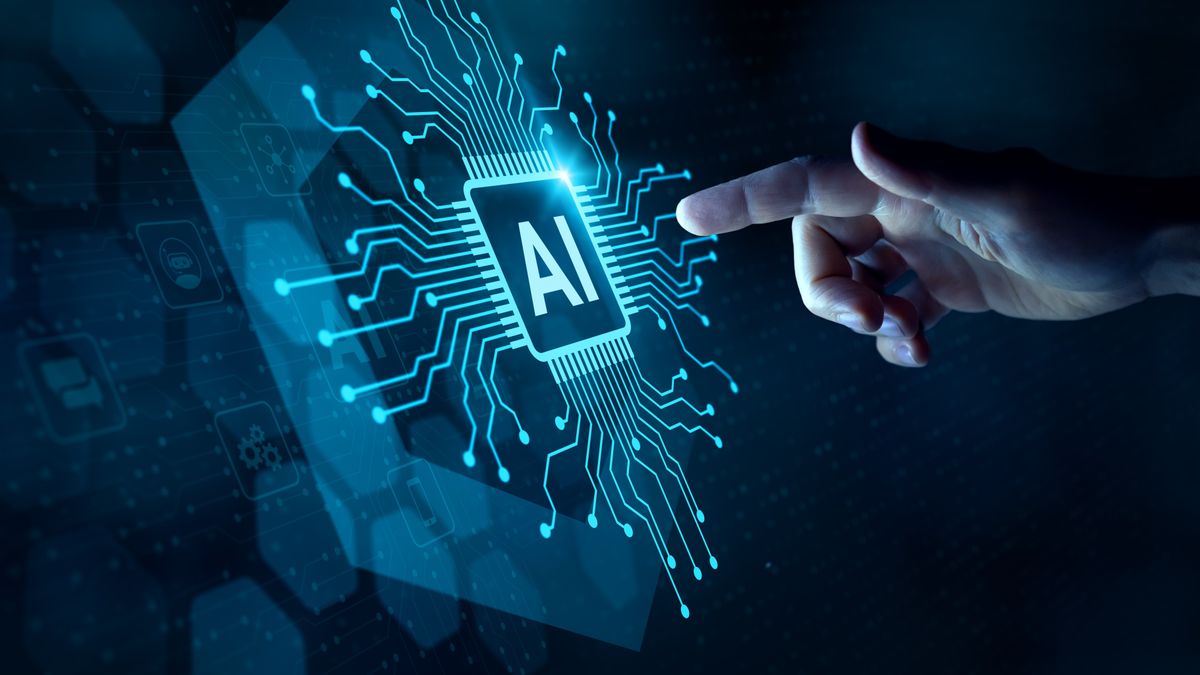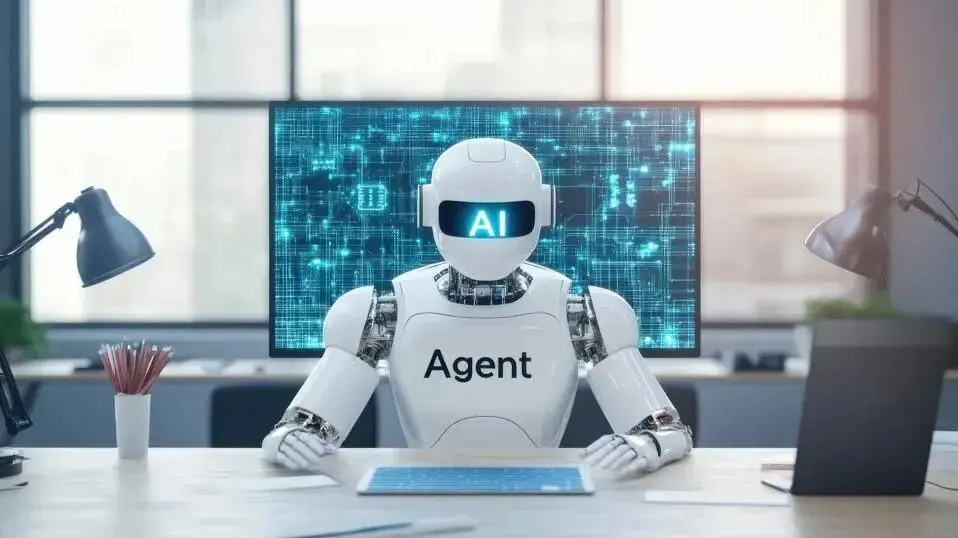OpenAI and Mattel defend partnership
In Mattel's press release, the toy maker behind brands like Barbie and Hot Wheels remained vague, saying only that the OpenAI deal would "support AI-powered products and experiences based on Mattel’s brands." The company's chief franchise officer, Josh Silverman, said the collaboration would enable Mattel to "reimagine new forms of play," teasing that the first release would be announced by the end of this year. Axios' source suggested it likely wouldn't be sold until 2026.
OpenAI's statement also glossed over the details, promising "to bring a new dimension of AI-powered innovation and magic to Mattel’s iconic brands."
Both companies emphasized that safety, privacy, and age-appropriateness would be front of mind in designing Mattel's AI products. OpenAI further claimed that kids would only be exposed to positive experiences through the collaboration, due to Mattel's experience creating kid-friendly products.
"By tapping into OpenAI’s AI capabilities, Mattel aims to reimagine how fans can experience and interact with its cherished brands, with careful consideration to ensure positive, enriching experiences," OpenAI said.
Critics fear Mattel is moving too fast
Critics on LinkedIn have noted that while the partnership could have positive impacts on kids—like enhancing learning or inclusivity—AI toys also carry a wide variety of potential risks that families should carefully weigh before buying into any new hyped product.
In a detailed post, one tech executive, Varundeep Kaur, warned that parents should be thinking about privacy since AI toys may process their kids' "voice data, behavioral patterns, and personal preferences." He suggested Mattel may have set its first AI product's age limit at 13 to avoid running afoul of laws that are stricter when it comes to kids' data. OpenAI has said the collaboration will comply with all safety and privacy regulations.
Parents should also keep in mind the bias behind the large language models that fuel AI tools like ChatGPT, Kaur said, which "might reproduce subtle stereotypes, biased narratives, or culturally inappropriate content, even unintentionally," that could skew kids' perspectives or social development.










 English (US) ·
English (US) ·